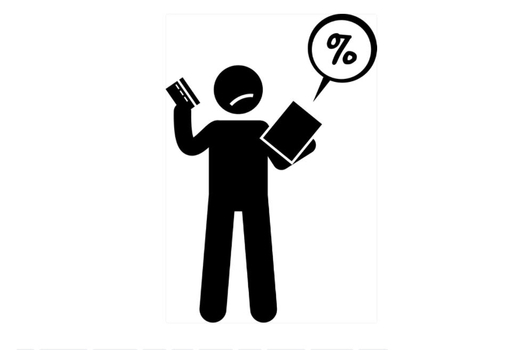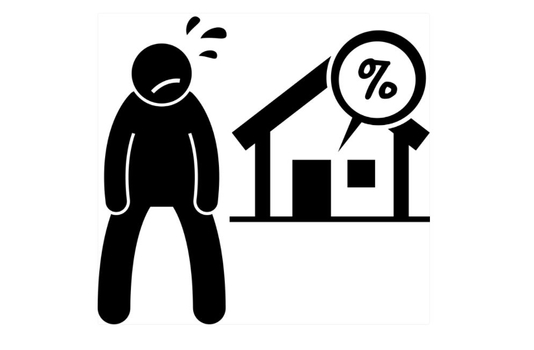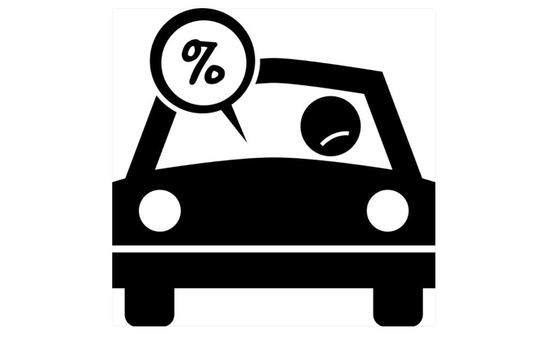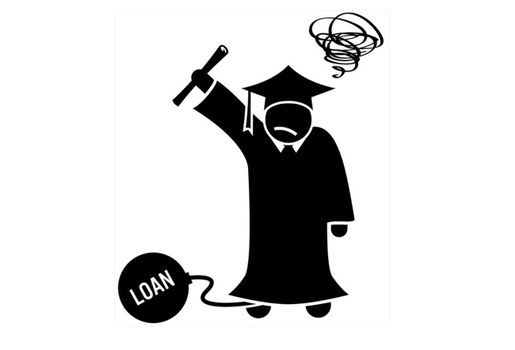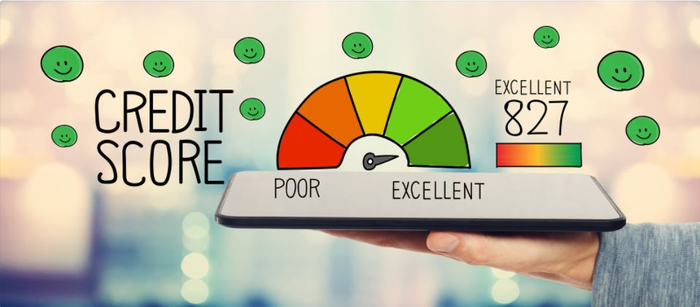When paying off multiple loans, it helps to have a targeted plan of attack. List out all of your various loans and credit cards, including the total balance owed, the monthly payment, and the interest rate. Then, rank your debts in the order you’d like to pay them off. You could rank them by interest rate, balance, monthly payment, or according to which one you find most irksome.
You could also rank your debts based on whether they’re “good” or “bad.” Good debt usually has lower interest rates and is tied to an investment of some kind, like a mortgage or student loan. Bad debt is typically more expensive. Think credit cards. If it’s a choice between good or bad debt, you may want to give bad debt the boot first.
Focus on paying as much as you can afford each month toward the loan at the top of the list and make the minimum payments on the rest. Once you pay off that first debt, roll its payment over to the next debt on the list. Continue doing that until all your loans are zeroed out.


